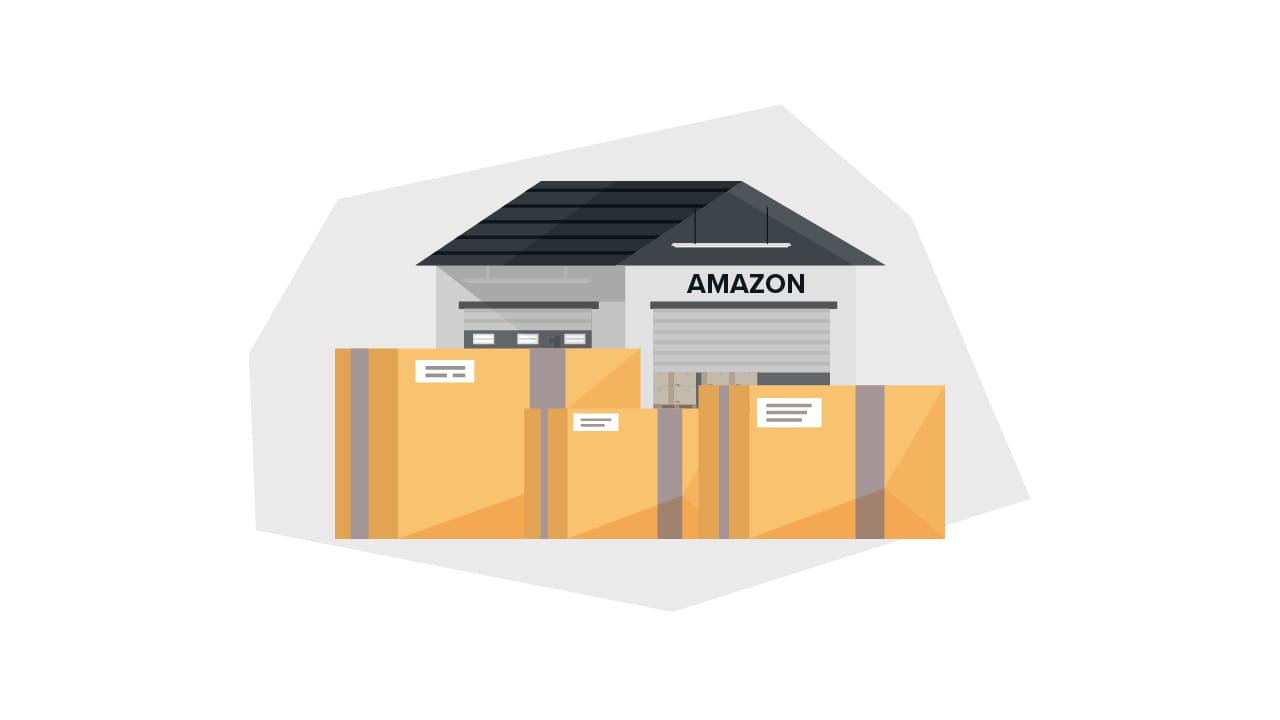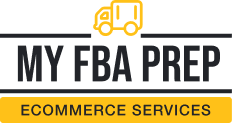
eCommerce Logistics Chat: MyFBAPrep Joins The Riverbend Happy Hour

MyFBAPrep’s very own Taylor Smits joined the Riverbend Consulting Amazon Seller Happy Hour this month, to talk about all things FBA – from outsourcing, to prep, to all things in between.
Check out the recording below!
How to stay in stock on FBA
Staying in stock is vital for every business, no matter the season. Taylor explains how MyFBAPrep helps Amazon sellers ensure they don’t lose out on sales by keeping inventory replenished with smart fulfillment strategies.
Amazon scales, but FBA does not
Logistics is not most sellers’ core business, nor do they want it to be. Taylor discusses when it’s time to outsource FBA prep, from signs within the business to signs at home (ie. when your partner gets mad at the inventory sitting in your kitchen).
Why outsource FBA prep
Amazon sellers can quickly go down a rabbit hole of spending too much time on labeling and stickering their items in-house, and realize they “want to get their life back.” FBA prep can quickly get time consuming and distract from the main business, which is what sellers wanted to focus on in the first place.
Merchants don’t want to focus on FBA prep
MyFBAPrep takes something that’s difficult to scale completely off the plates of our clients, then give their time back so they can go focus on the business they signed up to run in the first place.
Outsourcing logistics to experts
Look for a fulfillment partner who can boast expertise in the field. Amazon FBA prep is changing constantly, and eCommerce logistics are getting increasingly complex. Merchants should aim to work with a company that can also help guide strategy, and ensure compliance.
Hiring and personnel during COVID-19
In addition to it being stressful and time-consuming to manage an in-house logistics team, the pandemic has also made it more difficult to hire and maintain warehouse staff for many merchants.
How to choose your eCommerce logistics partner
Look for FBA knowledge and expertise. A warehouse needs to have experience dealing with your specific items, for example bulky or heavy items.
The importance of having a good account manager to client ratio
Your logistics company should always have someone who knows FBA prep and the process in your warehouse, and able to get eyes on your inventory.
How can multi-channel sellers ensure on-time delivery
Taylor discusses seller strategies he’s seen successful merchants employ in order to stay in stock and deliver reliably (such as looking at other ports and staying informed).
The future of growth in eCommerce
Diversification, omni-channel selling, Walmart Fulfillment Services, DTC websites, and more are all on sellers’ minds.
What does the supply chain of 2022 look like?
Can sellers expect more congested ports, sky-high freight prices, and slow deliveries? Taylor breaks down what to expect in the world of eCommerce logistics and supply chains next year.
